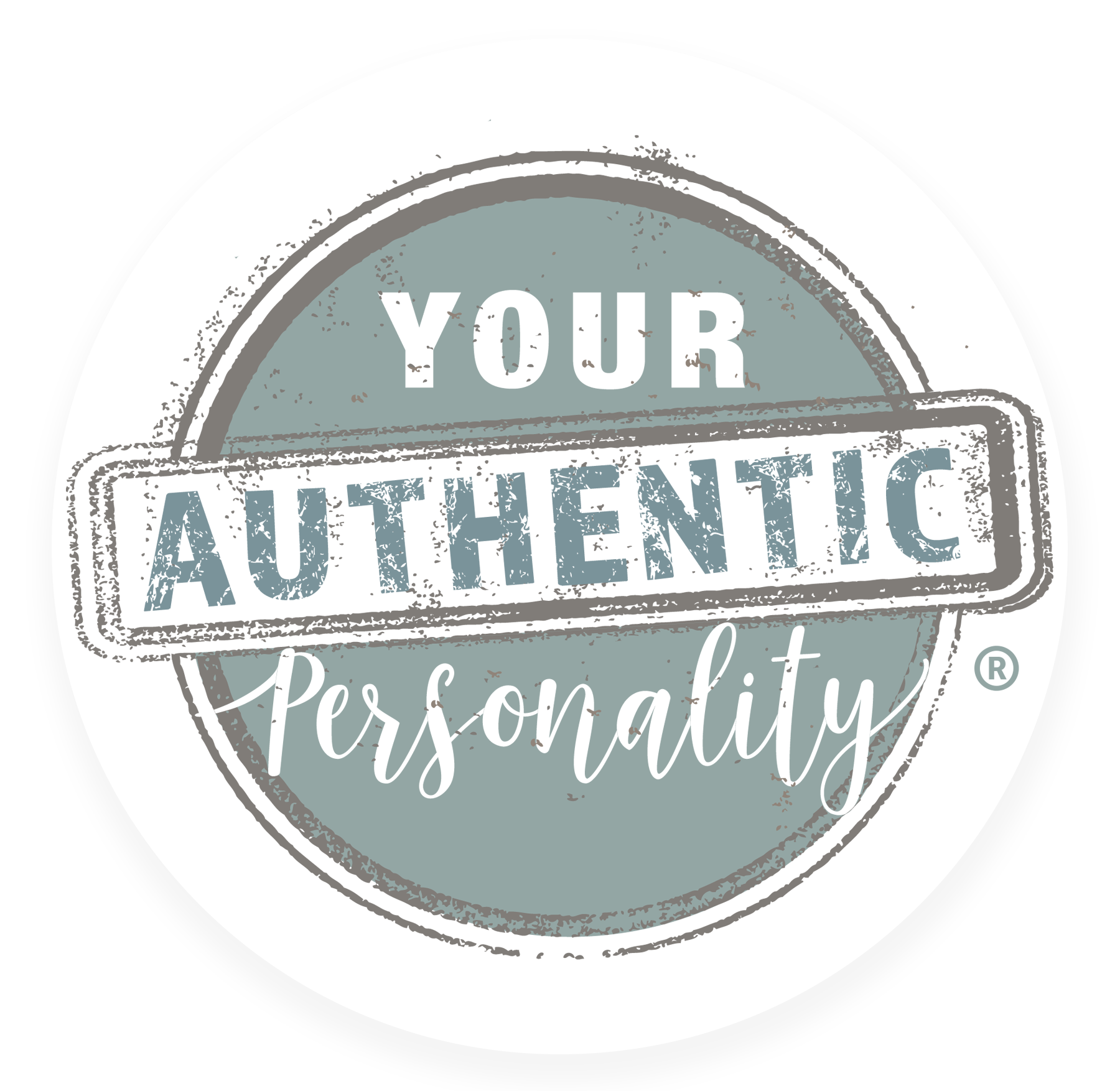How Not to Get Triggered
January 14, 2025
How Not to Get Triggered

I’ll never forget the day I lost it with my neighbor, Laura.
Long story short, Laura’s son, who is probably in jail by now, was a neighborhood terror. Laura thought her elementary age child was an angel and all the other children, mine included, were bullies. One early morning Laura showed up on my doorstep and as soon as I opened the door, she shoved a manilla folder stuffed with articles into my hands.
What’s this? I asked cluelessly, still in my pajamas.
Articles on bullying, she said sternly.
Why? What’s going on? I asked, not comprehending what she was talking about.
Laura replied, Your daughter is a bully and this needs to stop. Read the articles. I highlighted them for you. How helpful.
At that time in my life, I was a tired mother to four children in a hard marriage. To say that I had no margin would have been a gross understatement. I had a slew of unmet needs that left me dry as a bone and vulnerable to triggers.
So what happened next isn't surprising. I took the folder and shoved it back at her and said Your son isn’t being bullied. He’s an active part of these incidents, in fact, he’s instigating them. My voice grew louder and louder with each word that came out of my mouth.
Read the folder, she demanded. Your child is a bully and this has been going on for 4 years.
I stepped out onto the front porch, jabbed my finger into her chest, and unleashed my frustration. I hollered at her as she backed away. “If this has been going on for 4 years, then why is this the first that I am hearing about it? And by the way, why were you yelling at my child? (She had shouted at all the neighborhood seven-year-olds the night before.) Next time, Honey—Honey? Where did that come from?—you talk to me!
By this point, we were in the driveway, and I was still in my pajamas—not the nice ones. She turned and started heading toward the street to get away from my rant, but that didn’t stop me. I followed her. You’re not seeing the situation clearly, Honey. (I was still calling her Honey. I couldn’t seem to stop myself.)
I’m calling the police, she yells as she gets in her car.
Go for it, I scream back.
She locks her door (good call) and rolls down her window to get the last word in , I’m calling the school, she threatens.
"Haaaave... aaatt... iiiit," I wail back as she speeds off down the road.
SHE MADE ME MAD
It would have been simple to blame Laura for my anger and make this unfortunate situation entirely her fault. She was, after all, the one who showed up on my doorstep and falsely accused my daughter of bullying, a serious offense.
Which she also did with three other families. Although I don’t think any of them ended up in their driveway in their pajamas screaming at Laura, calling her Honey and daring her to call the police. Laura did take me up on my challenge, called the police, and after a bit of investigation, they dropped the charges and brought a peaceful resolution to all this insanity.
However, understanding the mystery of my erratic behavior and answering the question, "Where did that come from?" took a longer time to resolve.
SOLVING THE MYSTERY OF YOUR TRIGGERS
Now as a professional life and career coach trained to help people find and live their best lives, I can tell you that triggers are emotional responses not to other people, crazy though they may be, but to your very own unmet needs.
That is the reason that some things trigger you and some things don’t. When you are well-fed, well-rested, and sufficiently happy, most of your needs are probably met. These are the times you can Stay Calm and Carry On, even when a real life trigger shows up at your door. But when you are running on empty, even if you’re not aware of it, you will be susceptible to triggering.
Take the How Triggered are You Quiz?
THE FOUR STEPS TO DE-TRIGGER YOURSELF
So how do you de-trigger yourself and manage your responses, especially when faced with difficult situations?
#1 ASK YOURSELF A QUESTION
In the heat of the moment, ie. when you’re standing toe-to-toe with your trigger, ask yourself this question, What do I need?
Now, I’ll be honest, this is one of the hardest times to answer a question, but just by asking yourself a question, you will start to calm down.
You see, when triggered, the limbic system in your brain goes crazy and emotions run wild. Limbic systems can’t speak or process language; all they can do is feel. So when you ask yourself a question, another part of your brain, the prefrontal cortex, has to enter into the discussion, bringing with it more rational thought and intentional behavior. Bottom line: your prefrontal cortex will keep you out of the driveway and out of trouble.
#2 STAY ON YOUR SIDE OF THE STREET
Next, try to actually answer the question: What do I need right now?
Do I need help?
Do I need acceptance?
Do I need to make my own decisions?
Do I need to be liked?
Do I need to feel safe?
Be honest with yourself. What is it that you need? When I first did this exercise, I started with answers like this:
I need Laura to shut up.
I need Laura to stop accusing my daughter.
I need Laura to see reason.
Those answers were a good start. In the beginning of a de-triggering process, it’s important that you celebrate progress in all its many forms, but eventually you have to move on because answers that rely on Laura or anyone else to act, don’t have the power to fill your tank, meet your needs, or de-trigger you for good.
Sure, it’s nice when someone else changes, but ultimately you need to take charge of meeting your own needs, so that next time annoying actions won’t bother you so much.
#3 IDENTIFY YOUR NEEDS
If you are feeling stuck on that last question and can’t stop thinking about how your triggering person is the one who needs to change, try completing this sentence:
If only ________ (jerk) would stop _______(bad behavior) then I could ____________ (the need).
I recommend using this statement as a journal prompt so you can answer it in as many ways as possible.
If only Laura would stop bullying me, I could advocate for myself with strength and dignity.
If only Laura would stop accusing me of crazy stuff, I could feel good about my job as a parent.
If only Laura would see reason, I could enjoy my neighbors.
Back then I hadn’t really found my voice. I felt helpless and hopeless about my ability to create change simply by sharing my opinion. That was an unmet need that caused me to blow. I also wanted to feel good about my work as a mom. I mean, who doesn’t. This interaction made me worry that somehow I was dropping the ball. And because there was little harmony in my marriage, I wanted to have a good relationship with my neighbors. This held a lot of weight for me, more than it would have if I had been in a different situation.
These unaddressed needs set me up for an emotional meltdown.
#4 MEET YOUR NEEDS
Finally, create a plan to start meeting your needs. It wasn’t Laura’s job to meet my needs—thankfully, because I’m sure she wasn’t up to it. It was my job. And now, because of Laura, I knew where I needed to put in the effort.
I found places to speak up where my thoughts would be heard. I released myself from unrealistic parenting expectations. I started building deeper relationships with the neighbors that I liked, and let the rest go.
What is it that you need that your triggers have revealed?
Do you need respect from your children because they are driving you crazy and you’re losing your cool? Then teach them how to talk to you and set consequences if they don’t, but also look for ways you are not respecting yourself. Do you need to set more limits with your coworkers? Do you need to listen to yourself? Do you need to speak to yourself in kinder ways?
If you need attention from your spouse or your boss, schedule time to talk with them but also look for ways that you can pay attention to yourself. Are you ignoring your own wishes? Have you discounted something you really want? What have you overlooked in your own life?
Women are often socialized to ignore their needs while caring for others, leaving us with a number of unmet needs and little awareness as to what is causing the problem.
UNTRIGGERABLE
When you identify what you need instead of reacting to a trigger:
- you are expressing vulnerability rather than blame
- you are taking responsibility for yourself
- you are allowing others to respond to you with less defensiveness and more compassion
- you are improving healthy connections with othersOK July
It is not brave or powerful to stand in your driveway and yell at someone. That is reactive cowardice. True courage is looking deep into yourself and taking responsibility for your actions, so you can choose how to behave.
The way to make yourself untriggerable is by filling your cup and meeting your needs. By doing this for yourself, you will give the gift of your best self to others.
To see if you are triggerable, Take the How Triggered are You Quiz?




